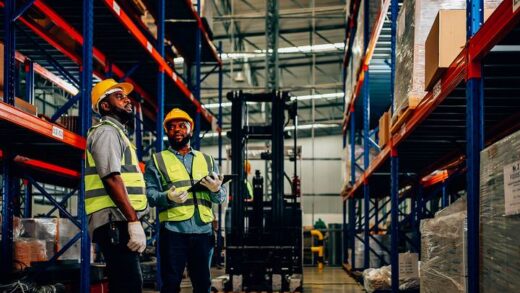A tax sales property can be a very exciting and attractive offer to many investors. You buy a property for a fraction of its actual value. Even if you don’t assume ownership in the end, you recoup interest on your investment and walk away after having made a bid with either a home waiting or passive income. There are also horror stories of mistakes made with tax sale homes.
Here are the pitfalls to avoid when buying a tax sales property.
Pitfall #1: Being confused about what a tax sales property is

Learn the rules of how tax sales properties work. A tax sales property is when a municipality places a lien against a home for unpaid property taxes. When you buy a tax sales property, often for pennies on the dollar, an investor covers the cost of these back taxes. You can claim ownership if the owner cannot pay the taxes following a specified period.
Pitfall #2: Failing to do enough homework before putting in a bid

Don’t bid on a property you haven’t researched. Homework mitigates risk. Do what you can to discover the shape of the property. Look at neighbourhood statistics and buy/sell numbers. It’s best to start local with properties you can visit to see the exterior and what you know about in terms of the neighbourhood/area.
Pitfall #3: Buying a tax sale property worth nothing

Lots of tax-sale properties are put up because they’re not worth anything. Some are just empty lots that can’t be developed for whatever reason. If other investors have given up a property or if there are warning signs indicating something funky, don’t make a bid. Be smart about what you buy regarding tax sale homes, and research, research, research.
Pitfall #4: Failing to have a strategy for your tax sale home

Let’s say you do assume ownership of your tax-sale home. What comes next? Have a plan. An investor may want to flip it as-is, renovate it and use it as a rental, assume it as a primary residence, or sit on it and wait for better market conditions to sell it for profit. Have a strategy beforehand that considers what you want from this process.
Pitfall #5: Overbidding on a tax sale home
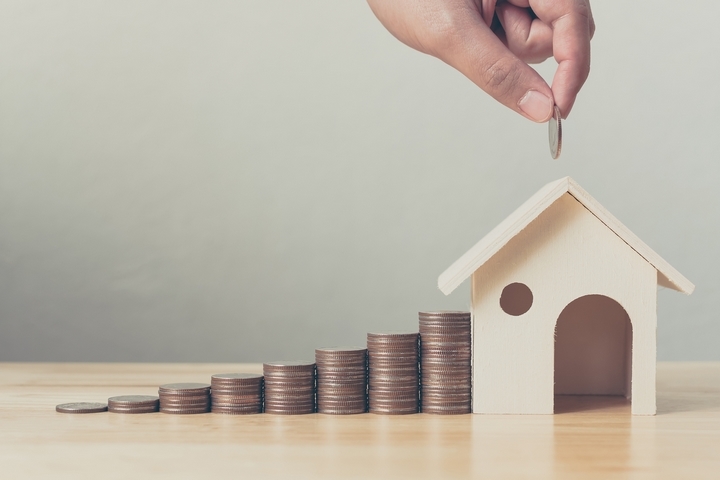
We all have a budget for investing. You may get excited, emotional, and overbid if you want a specific tax sale home. If you overbid, you put yourself at above-average financial risk. Your investment portfolio could be ruined if the property doesn’t pan out as you hoped. Complete your due diligence on every tax sale home and never overbid above your budget.
Pitfall #6: Assuming there won’t be things to fix
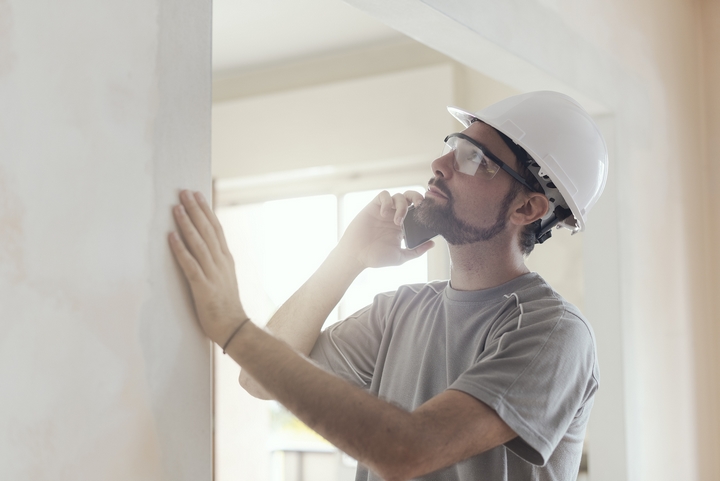
Many tax sale properties come with elements that need to be upgraded or maintenance that hasn’t been done. In some cases, there can be a lot that needs to be fixed. The prior owner may have even purposefully damaged some of the structure during their time in the home. This is where having some extra money on the side for potential fixes and renovations can be extremely valuable.
Pitfall #7: Failing to understand the property tax redemption period
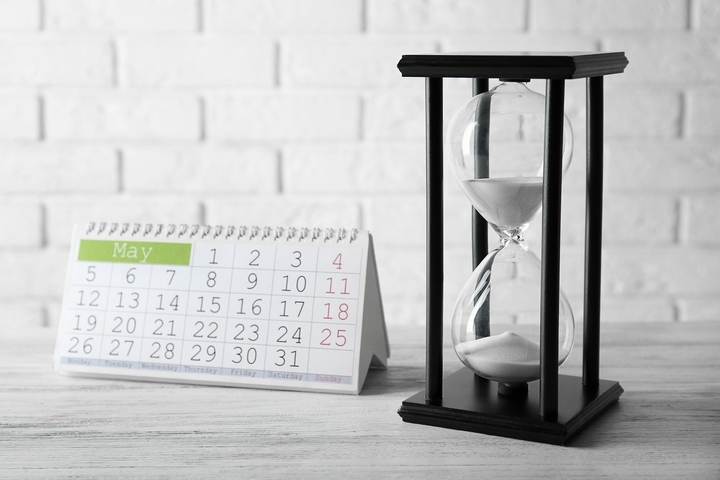
After you close a tax sale home transaction, there is still a property tax redemption period. The previous homeowner can pay what’s owed in taxes and reclaim their properties. This would effectively push out any investor with a claim on the home. In buying a tax sale home, one must realize there is still a waiting time to own the property.
Pitfall #8: Failing to do a title search to identify other tax liens

There could be additional liens on a tax sale property that could prevent you from taking ownership. While a tax sale does remove mortgages and other claims, it does not necessarily remove everything, especially if Crown interests are involved. A title search will reveal if there are any other claims on a tax sale home and can confirm whether it’s worth the investment or not.
Pitfall #9: Buying a tax sale property environmentally contaminated
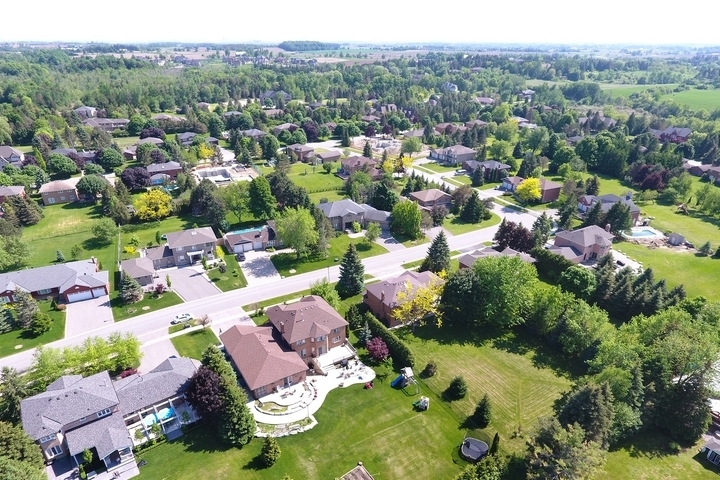
An environmentally contaminated property is polluted in some way, such as if it was previously a gas station, had an industrial use, or had a chemical spill. By purchasing a property like this, you become legally liable for the cleanup, which can cost thousands of dollars. Avoid the extra expense unless you have the expertise and additional funds to satisfy the legal requirements of environmental cleanup.
Pitfall #10: Buying a tax sale property with people living in it

A municipality is not obligated to evict people living on the property in a tax sale. It is up to the owner what they wish to do. Many opt to hire a lawyer to handle the eviction process, which should be done legally. This can also be a lengthy process and sometimes expensive. However, it is common among tax-sale properties. This is why talking to a lawyer before bidding is strongly recommended.


